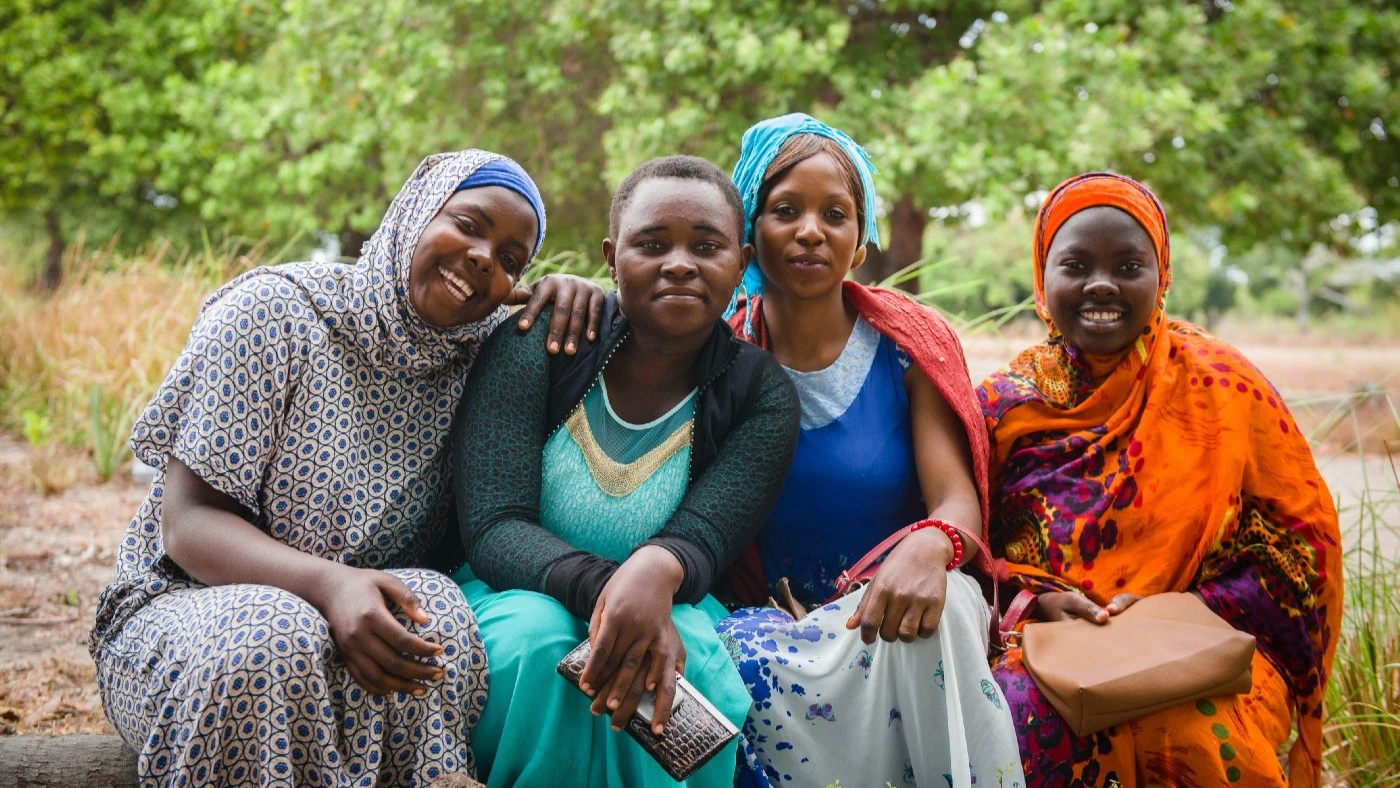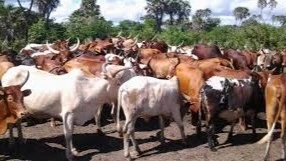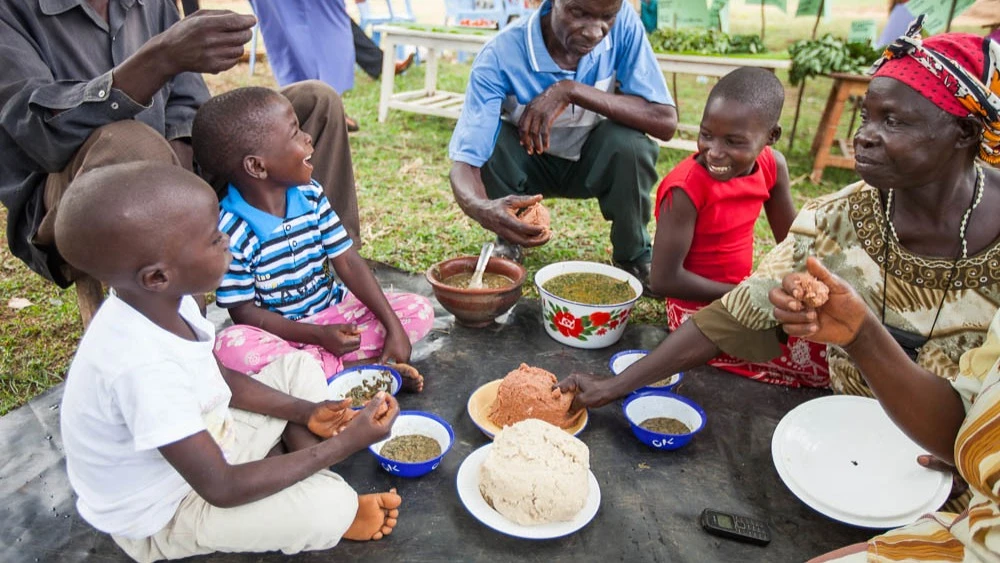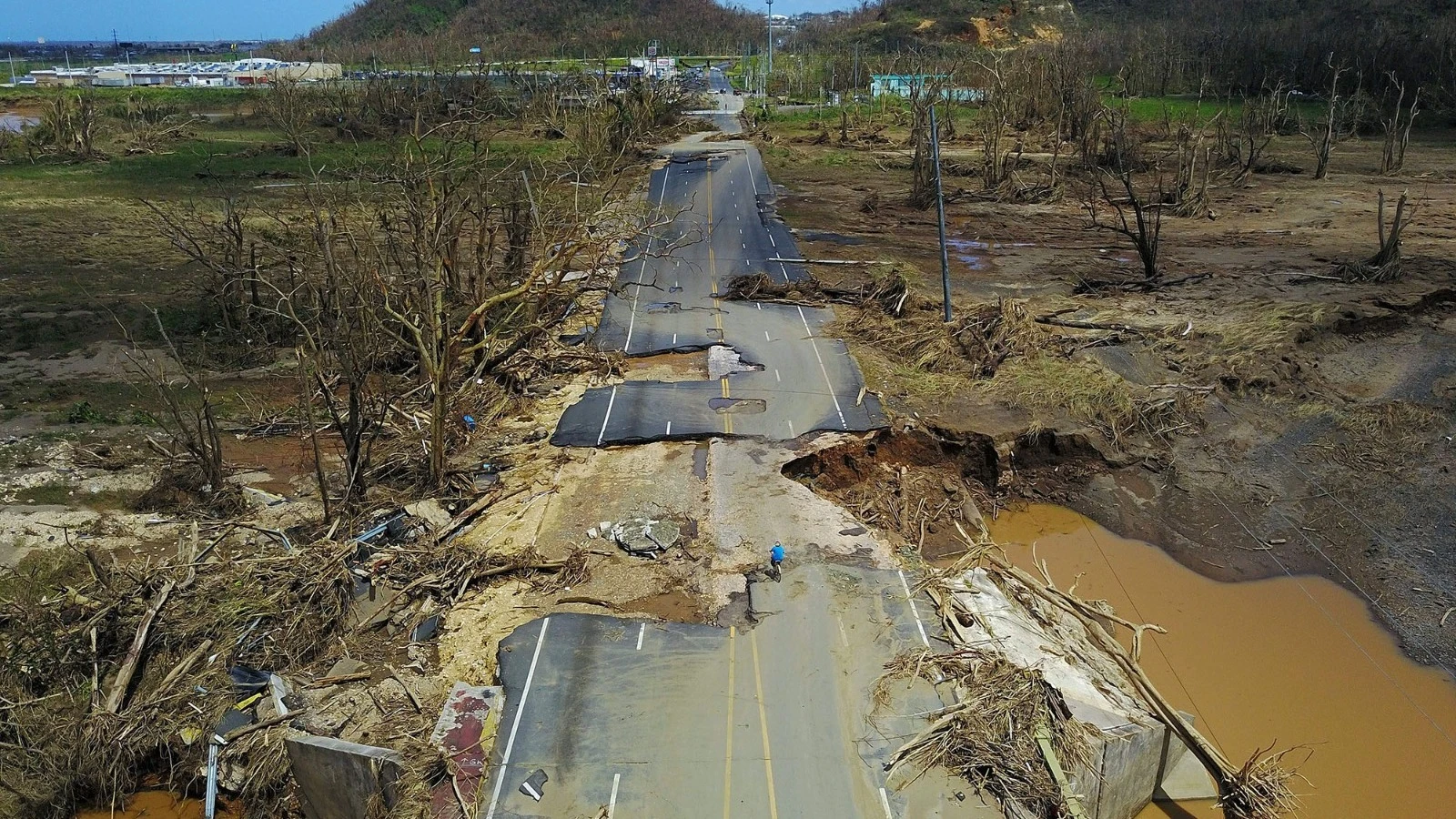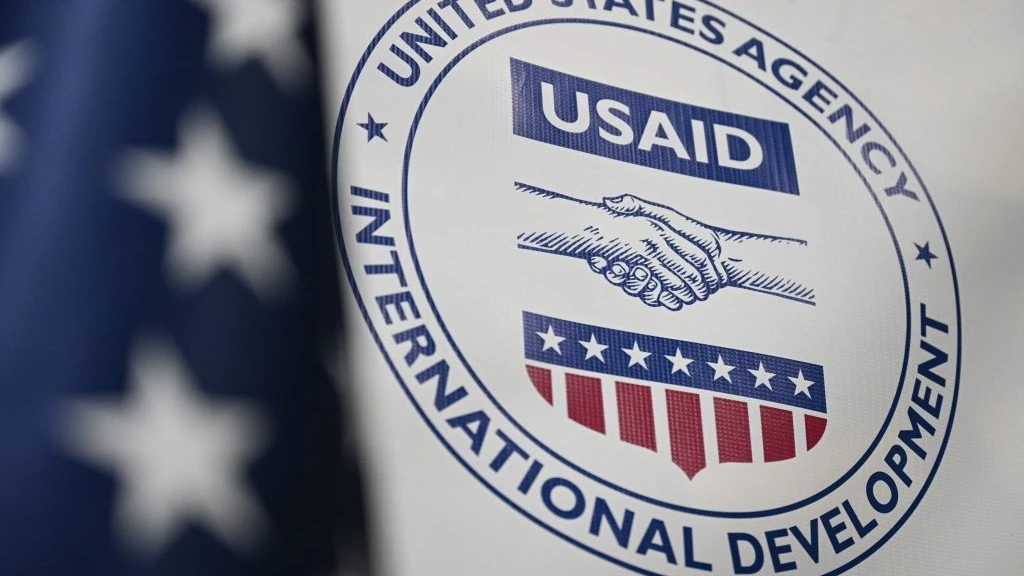TFS launches stingless beekeeping project ahead of Apimondia 2027
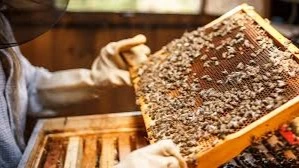
TANZANIA Forestry Services Agency (TFS) has launched a stingless honey beekeeping (meliponiculture) project in Arusha to strengthen Tanzania’s preparations for hosting the global beekeeping summit Apimondia 2027.
Meliponiculture involves keeping stingless bees, distinct from traditional apiculture, and is part of broader efforts by TFS to showcase Tanzania’s potential in sustainable beekeeping.
Speaking here yesterday, Hussein Msuya, Assistant Commissioner for Beekeeping at TFS, said the initiative complements several modern apiculture projects underway, supported by the Ministry of Natural Resources and Tourism and international partners.
“We’re coordinating efforts to ensure Tanzania is well-prepared and positioned to benefit from Apimondia 2027,” he said, adding that the global platform offers a strategic opportunity to market Tanzanian honey products.
Msuya emphasized that the initiative also aims to improve business environment for bee products, attract investment, and boost the sector’s contribution to the national economy.
“Apimondia will help advertise the quality of our honey, open new markets and attract both local and international investment to advance environmental conservation and economic growth,” he noted.
Kaizerege Camara, Deputy Chairperson of Tanzania Beekeeping Development Organization (TABEDO), said the forum will draw leading global beekeepers, honey processors, scientists, traders and equipment manufacturers.
“This will expose local beekeepers to cutting-edge technologies in honey production and value addition. They must prepare to adopt and integrate these innovations,” he said.
Camara noted key challenges in the sector, including inadequate modern beekeeping tools, unreliable markets and poor honey chain monitoring systems.
Earlier this year, Minister for Natural Resources and Tourism Dr. Pindi Chana urged financial institutions to begin financing the sector, especially through capital loans for smallholder beekeepers.
“Tanzania holds great potential in this sector but many stakeholders lack financial capacity to fully benefit,” the minister said, assuring that the government is committed to creating an enabling investment as the 2027 host.
Scheduled for September 20–25, 2027, in Arusha, Apimondia is expected to attract over 10,000 participants from 133 countries. Tanzania was chosen to host the prestigious event due to its beekeepers’ mastery of sustainable honey harvesting methods and strong conservation practices.
Organized by the International Federation of Beekeepers’ Associations (Apimondia), the event fosters global exchange among beekeepers, scientists, traders and policymakers through congresses and symposia.
Tanzania ranks 14th globally and 2nd in Africa for beekeeping. Its honey and beeswax are exported to markets including Germany, France, Belgium, the Netherlands, USA, Oman, Japan, and across east and central Africa.
Top Headlines
© 2025 IPPMEDIA.COM. ALL RIGHTS RESERVED












